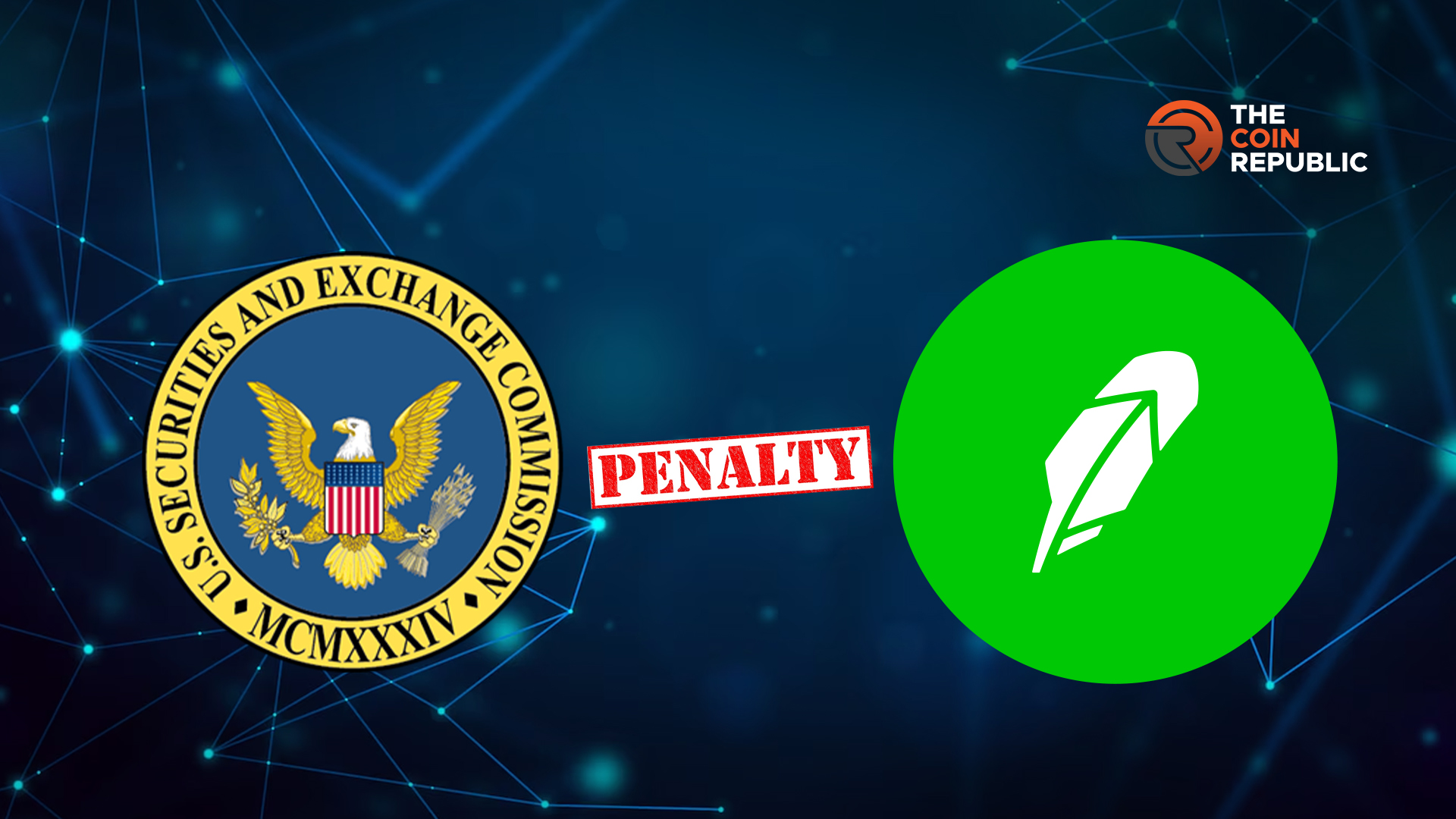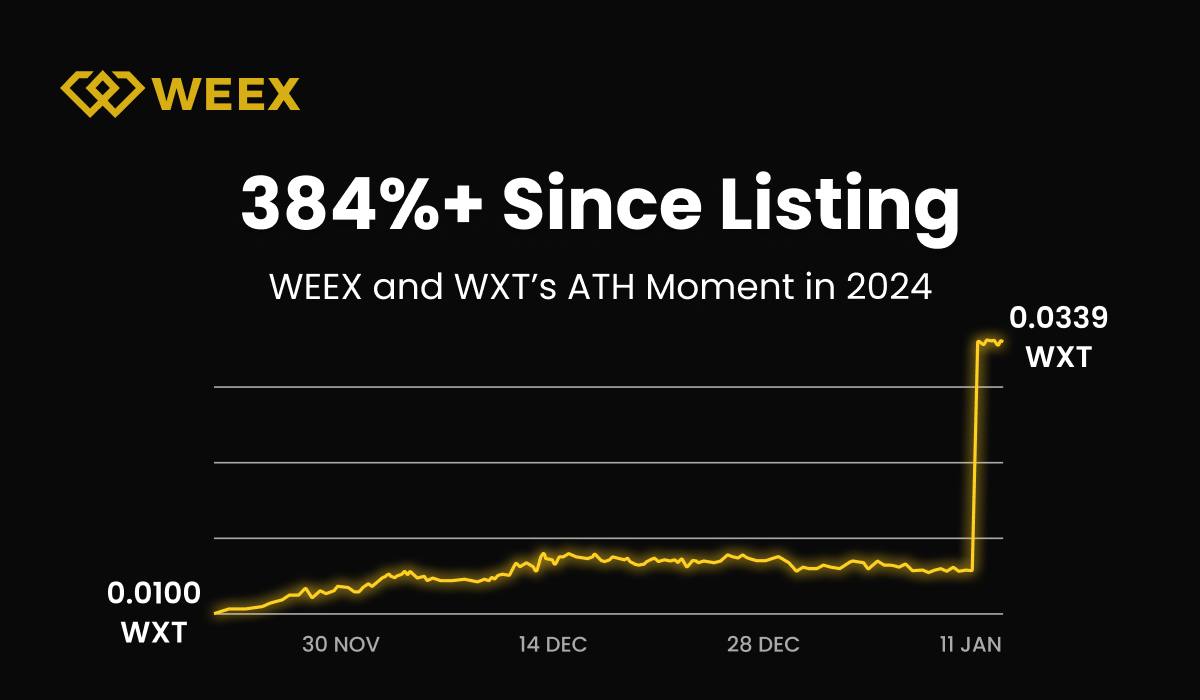The Securities and Exchange Commission (SEC) has ordered Robinhood to pay $45 million in penalties for multiple securities law violations between 2018 and 2024.
The enforcement action targets both Robinhood Financial LLC and Robinhood Securities LLC. The latter is facing a $33.5 million fine and the former is being penalized $11.5 million.
According to the SEC’s order, the violations include deficient blue sheet submissions, improper stock lending practices, inadequate identity theft prevention measures, and failures in recordkeeping requirements. The investigation revealed widespread compliance issues across the company’s broker-dealer operations.
Robinhood’s violations and findings
The SEC’s investigation uncovered several major compliance failures at Robinhood, with violations spanning multiple regulatory requirements.
The most serious breach involved the submission of deficient electronic blue sheets (EBS) to the Commission. Robinhood Securities is making at least 11,849 incomplete or inaccurate submissions between October 2018 and April 2024. These submissions contained errors affecting approximately 392 million transactions.
On the operational front, Robinhood Securities violated Regulation SHO through improper practices in its stock lending and fractional share trading programs.
– Advertisement –
From December 2019 through December 2023, the firm mismarked over 15 million principal short sales as “long”. They incorrectly marked an additional 4.5 million orders as “short exempt” without meeting the necessary regulatory conditions.
The investigation also revealed critical deficiencies in customer protection protocols. Between April 2019 and June 2022, the company failed to implement adequate policies for preventing identity theft. This left customer accounts vulnerable.
Additionally, Robinhood’s systems proved inadequate in addressing suspicious activity. The company accumulating a backlog of over 10,000 potentially suspicious transactions by late 2020.
$45 million penalty reflects multiple violations
The $45 million penalty reflects multiple violations across Robinhood’s business operations. The SEC is dividing the sanctions between the company’s two broker-dealer entities.
Robinhood Securities faces the larger share at $33.5 million, with the fine broken down into specific violations: $7 million for electronic blue sheet submission failures, $15 million for Regulation SHO violations, $6.5 million for anti-money laundering compliance issues, $4 million for recordkeeping violations, and $1 million for customer protection rule breaches.
Robinhood Financial’s $11.5 million penalty comprises $6.5 million for failing to meet suspicious activity reporting requirements. An additional $4 million is for recordkeeping violations related to business communications. While $1 million for inadequate identity theft prevention measures.
The SEC’s order requires both entities to pay their respective penalties within 14 days of the order’s entry. They’ll also be giving additional interest accruing if payment deadlines are missed.
The Commission noted that the size of the penalties reflects both the seriousness of the violations and Robinhood’s cooperation during the investigation. The company’s remedial efforts, including technological improvements and enhanced compliance procedures, were considered in determining the final penalty amounts.
SEC requires Robinhood to implement reforms
The SEC’s enforcement action requires Robinhood to implement comprehensive reforms across its operations. Within 180 days, the company must conduct an internal audit of its supervisory and compliance procedures, particularly focusing on electronic communications and recordkeeping practices.
The audit must evaluate the company’s surveillance programs, technological solutions, and employee training protocols.
To address specific deficiencies, Robinhood has already undertaken several corrective measures. The company has revised its procedures for electronic blue sheet submissions, implemented new systems to calculate net positions accurately, and enhanced its identity theft prevention program. Robinhood also blocked unauthorized remote access to its systems and strengthened controls for front-end systems containing customer information.
The enforcement action reflects broader regulatory scrutiny of digital-first brokerages and their compliance infrastructure.
The SEC’s focus on technological systems, particularly in areas like fractional share trading and electronic recordkeeping, signals heightened expectations for fintech firms’ operational controls. Industry observers note that the case establishes important precedents for how regulators will approach similar issues at other digital trading platforms.
Looking ahead, Robinhood must certify its compliance with the SEC’s mandated undertakings within 60 days of completing them. The company’s ability to meet these requirements while maintaining its innovative trading platform will likely serve as a blueprint for other financial technology firms navigating regulatory obligations in the digital age.










